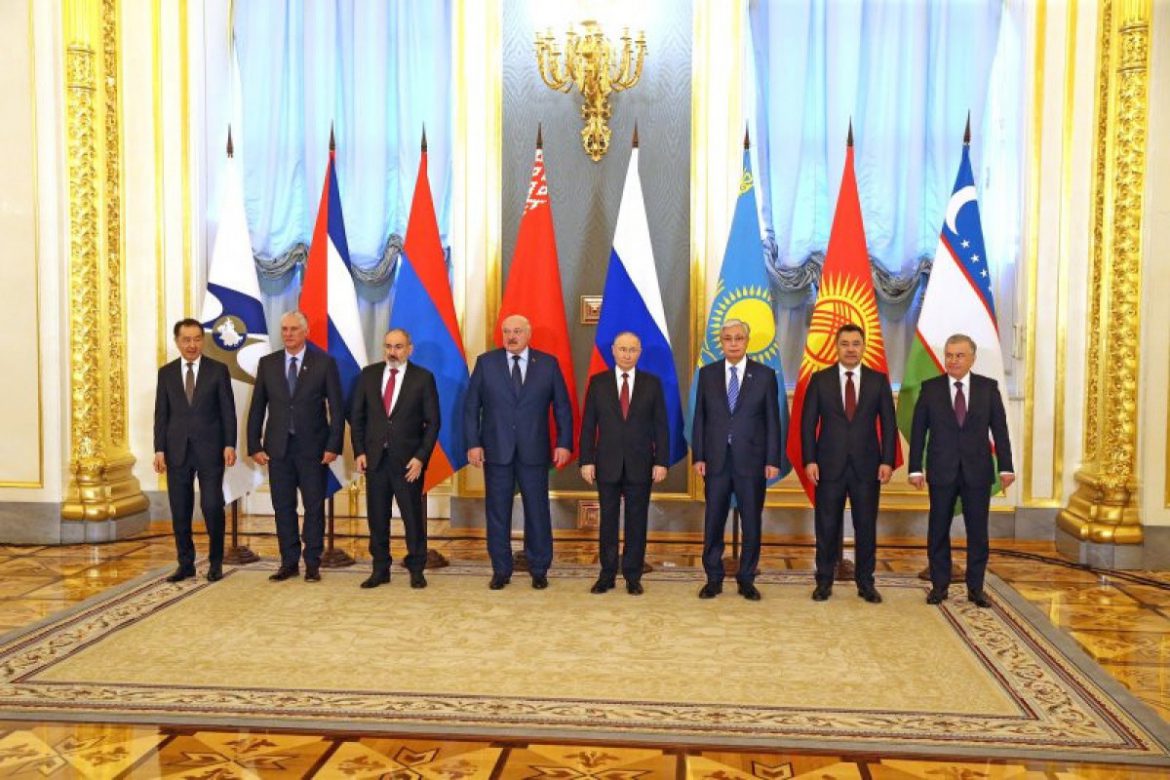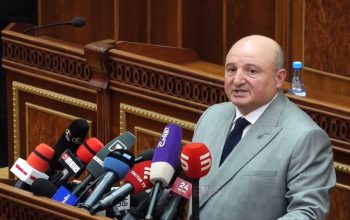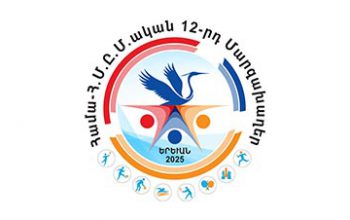Amid mounting tensions with Moscow, Armenia has reportedly opted out of hosting the upcoming summit of the Eurasian Economic Union (EEU), a Russian-led trade bloc of former Soviet states. Scheduled for December 25, the summit was originally expected to take place in Yerevan, marking the conclusion of Armenia’s one-year rotating presidency of the EEU.
On Tuesday, Yury Ushakov, a senior aide to Russian President Vladimir Putin, announced that the summit would instead be held in Saint Petersburg. “At the request of the Armenian side, the meeting is organized on Russian territory, even though the meeting will be chaired by Armenian Prime Minister Pashinyan,” Ushakov told reporters.
Pashinyan’s office has not explained this decision, and Economy Minister Gevorg Papoyan declined to comment when questioned by journalists. Armenian Foreign Ministry spokeswoman Ani Badalyan stated that EEU regulations do not mandate summits to be hosted by the presiding member state, adding that the relocation to Saint Petersburg was agreed upon during an EEU meeting in Moscow last May.
However, critics see the decision as damaging to Armenia’s standing within the bloc. “It’s a blow to the reputation of our country,” said Artur Khachatryan, a senior member of the opposition Hayastan alliance. He suggested that Armenian authorities were unwilling to host Putin due to lingering diplomatic fallout from Armenia’s ratification of the International Criminal Court’s (ICC) founding treaty, the Rome Statute.
Earlier this year, the ICC issued an arrest warrant for Putin over alleged war crimes in Ukraine. Although Armenia insisted its ratification of the Rome Statute was not aimed at Putin, the move angered Moscow, which labeled it “unfriendly.” Armenia has yet to clarify whether it would enforce the ICC warrant should Putin visit.
Khachatryan further speculated that Armenia’s decision to relocate the summit was motivated by a desire to avoid EU criticism. He cited the example of Mongolia, another ICC member state, which faced backlash from the EU after it ignored the ICC arrest warrant during Putin’s visit in September.
Armenia’s relations with Moscow have soured in recent years as Yerevan increasingly accuses Russia of failing to uphold its security commitments. In response, Prime Minister Pashinyan has pursued closer ties with the West, hinting last week at a potential bid for EU membership.
Pashinyan’s pivot away from Russian influence has also affected Armenia’s participation in other Moscow-led organizations. He is skipping this week’s summit of the Collective Security Treaty Organization (CSTO), a military alliance he has criticized for inaction during Azerbaijan’s offensives against Artsakh and Armenia. Pashinyan has frozen Armenia’s membership in the CSTO and hinted at a possible withdrawal, though he has refrained from questioning Armenia’s continued participation in the EEU.
Despite these tensions, Russia remains Armenia’s largest trading partner, accounting for 41 percent of its foreign trade from January to September 2024, compared to the EU’s 7.2 percent share. Russia is also Armenia’s primary supplier of natural gas and nuclear fuel, with prices historically set well below market rates.
As Yerevan balances its economic dependence on Russia with its push for greater alignment with the West, its decision to avoid hosting the EEU summit underscores the growing strain in Armenian-Russian relations.




